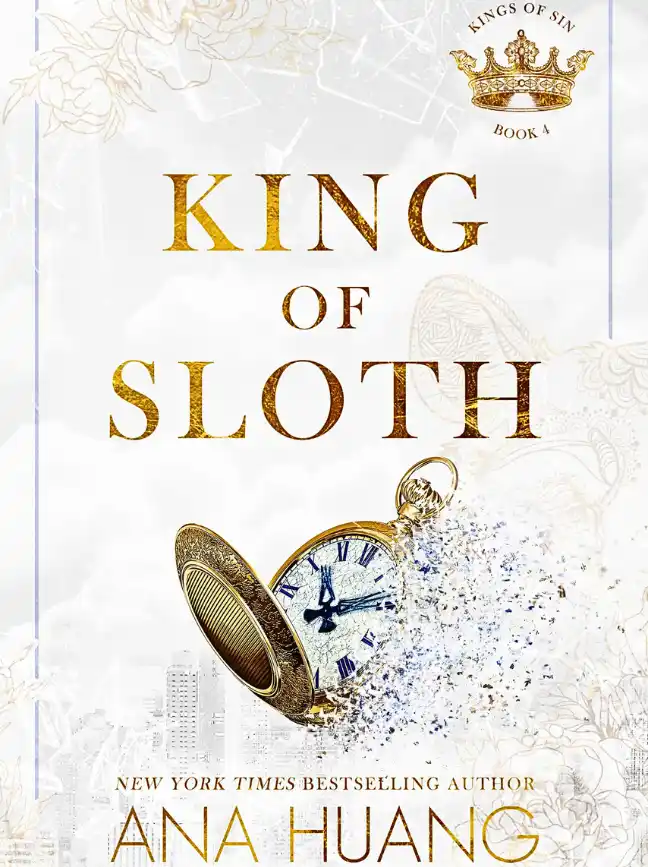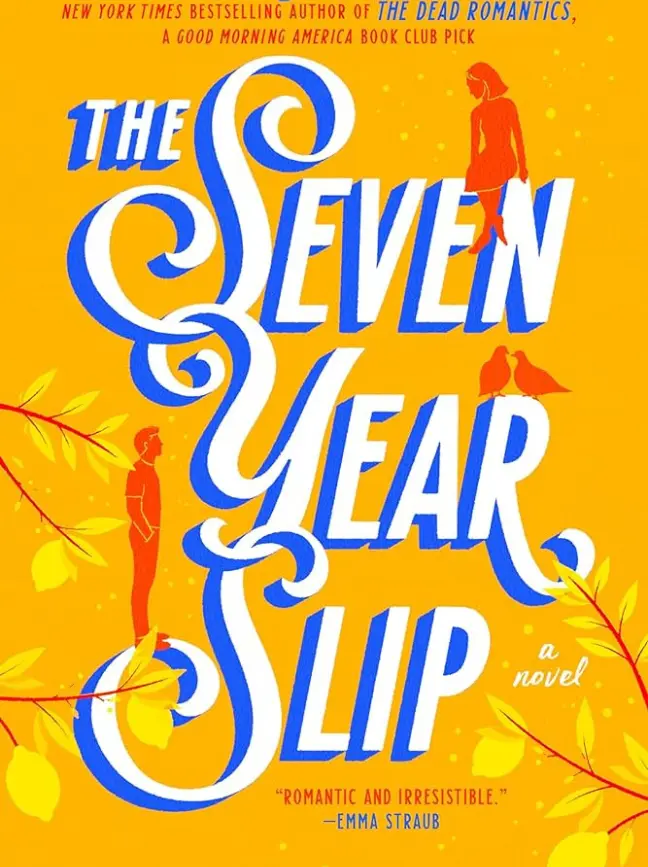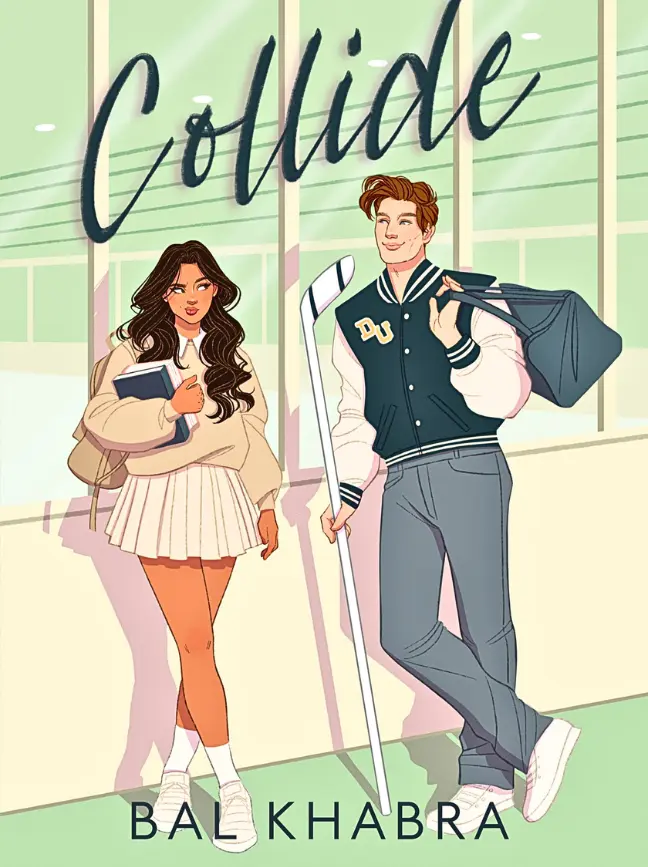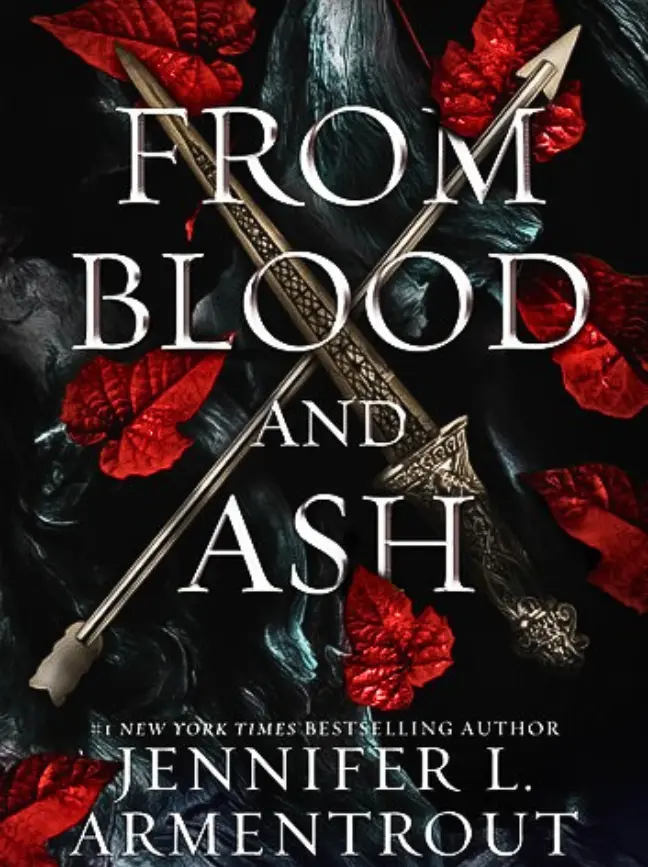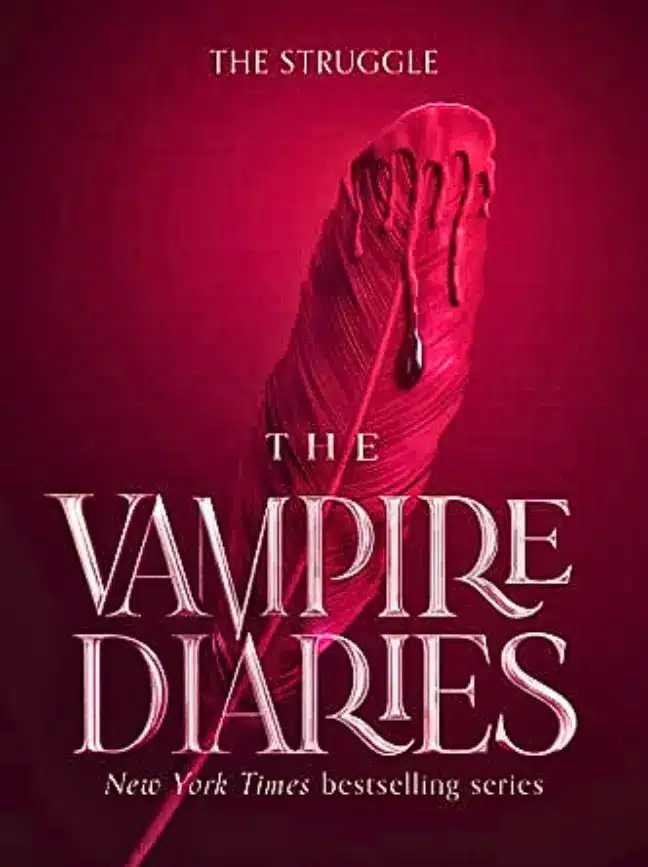Pino set out at dawn, hiking straight up the Groppera. Glad for the staff, he used it crossing a narrow stream before he flanked to the southeast toward that razorback ridge. Busted sheets of rock sheared off the mountain over thousands of years made the bowl chaotic terrain, and the going was slow until he reached the tail of the mountain spine.
There would be no defined trail from here on up, just rock and the occasional grass tuft or tenacious bush. Given the cliffs that fell away on both sides of the spine, Pino knew he couldn’t afford a mistake. The one time he’d been on the ridge—two years ago—he’d been with four other boys and a guide friend of Father Re’s from Madesimo.
Pino tried to remember how they’d gone up a series of broken staircases and treacherous catwalks that climbed to the base of the spire high above him. He felt a few moments of doubt and fear at the idea he might take the wrong route, but then forced himself to calm down and trust his instincts, handle each section as it came, and then reevaluate his route as he ascended.
Getting up onto the actual spine was his first challenge. A wind- smoothed and rounded column of stone about two meters high defined the very base of the ridge and seemed unclimbable. But on the south side, the rocks were cracked and fragmented. Pino tossed up his staff, heard it clatter to a stop. He jammed his fingers and the toes of his boots into cracks and onto narrow bits of ledge and went up after the staff. A few moments later, he knelt on the razorback, his lungs heaving. He waited until they’d calmed, took the staff, and got to his feet.
Pino began to pick his way higher, finding a rhythm to each footfall, reading the jigsaw terrain before him, and looking for the path of least resistance. An hour later, he faced another major challenge. Slabs of stone
had broken away eons before, leaving the way up blocked except for a jagged gouge in the rock face. It was less than a meter wide and again as deep, and it climbed like a crooked chimney from the base up nearly eight meters to a ledge.
Pino stood there for several minutes feeling the fear in him build again. But before it could freeze him, he heard Father Re’s voice telling him to have faith and to stay alert. At last, he pivoted 180 degrees and fit himself into the crack in the cliff. He pressed out his hands and levered his boots against the walls of the chimney. He was able to maneuver now and climbed with three points of contact supporting the moving fourth point—a hand, a foot—as it groped and probed for higher ground.
Six meters up, he heard a hawk calling, looked out from the crack and down the ridge toward Motta. He was dizzyingly high up the mountain now, felt a rush of vertigo and almost lost his grip on the rock. That scared him half to death. He couldn’t fall. He couldn’t live through a fall.
Have faith.
That thought was enough to drive Pino up the chimney and onto the ledge, where he gasped with relief and thanked God for helping him. When his strength returned, he made his way to the southwestern ridge with little pause. The ridge was sheer and razorback, barely a meter wide in places. Avalanche chutes plunged to either side of the jagged way forward to the base of the Groppera’s craggy spire, which was more than forty meters tall and shaped like a crooked spearhead.
Pino didn’t give the daggerlike crag a second glance. He was straining to spot where the various shoulders and clavicles of the mountain came together below the base of the spire. He found what he was looking for, and his heart began to slam in his chest again. He closed his eyes, told himself to calm down, and to believe. Making the sign of the cross, he went on, feeling like a tightrope artist as he passed between the two main avalanche chutes, not daring to look left or right down them, fixed on creeping straight ahead to where the catwalk widened.
When he reached the end of the catwalk, Pino hugged the stone blocks jutting from the wall like they were long-lost friends. When he was sure he could go on, he climbed up the blocks, which were irregular—almost like a stack of bricks that had tipped over—but stable, unmoving, and he was able to climb higher with relative ease.
Four and a half hours after he left Casa Alpina, Pino reached the base of the crag. He peered to his right and saw a steel cable anchored into the rock and stretched horizontally around the spire at chest height above a ledge perhaps eighteen centimeters wide.
Feeling queasy at what he had to do now, Pino took several deep breaths to shake off his growing jitters before reaching out and grabbing the slack cable. The toe of his right boot probed for and then found the narrow outcropping. It was almost like being on the ledge outside his bedroom window at home. Once he thought about it that way, he was able to hold tight to the cable and scuttle around the base of the crag.
Five minutes later, Pino reached the top of the broadest ridge on the mountain, south-southeast facing, wide, and covered with amber hummocks of lichen, ground moss, edelweiss, and alpine aster. He lay on his back, gasping with the noontime sun beating down on him. The ascent had felt completely different from the time he’d been guided up by a man who’d done the route thirty times, showing him each hand- and foothold. This climb had been the greatest physical challenge of his life. He’d had to think constantly, evaluate constantly, and rely on faith, which he realized was tiring—not easy to sustain at all.
Pino guzzled water, thinking, But I did it. I made it up the hard way on my own.
Happy, more confident, he gave thanks for his day and for his food, and then wolfed down the sandwich Brother Bormio had packed for him. Delighted to find more strudel, he ate slowly, savoring each bite. Had there ever been anything that tasted that good?
Pino felt drowsy and lay back, closing his eyes and feeling like everything in that timeless place of mountain and sky was as it should be.
Mist woke him.
Pino checked his watch, surprised to see it was nearly two in the afternoon. Clouds had rolled in. He could see no more than ninety meters down the slope now. With the anorak on, Pino used game and shepherd trails to skirt to his east and north. An hour later, he came to the rim on the back side of the Groppera’s north cirque.
It took him a few tries before he found a path that traversed down the steep interior of the bowl and then zigzagged to the point where he’d turned around three days before. He stopped and looked back up what he’d just come down. After the challenges he’d faced earlier in the day, it hadn’t seemed that bad at all.
But by the time Pino had trudged down the mountain to Madesimo and then back up to Motta, he was exhausted. Light was dwindling when he reached Casa Alpina. Father Re was waiting in the hall off the dining area where the boys were studying, and the air was filled with the sumptuous odor of Brother Bormio’s newest creation.
“You’re late,” Father Re said. “I didn’t want you out there at night.”
“I didn’t want to be coming off the mountain in the dark, either, but it’s a long way, Father,” he said. “And the climb. It was more difficult than I remembered.”
“But you have faith you could do it again?” the priest asked.
Pino thought about the chimney, the catwalk between the avalanche chutes, and the cable traverse. He didn’t exactly want to do any of them again, but he said, “Yes.”
“Good,” Father Re said. “Very good.” “Father, why am I doing this?”
The priest studied him, and then said, “I’m trying to make you strong.
You may need to be in the months ahead.”
Pino wanted to ask him why, but Father Re had already turned away. Two days later, the priest sent Pino on the Angel’s Step route to Val de
Lei. The day after that, Pino worked the traverse route to the north cirque and climbed the goat trail almost to the rim. On the third day, he took the hard way up, but he had so much more confidence he cut an hour off the time it took him to reach the avalanche chutes.
The weather held through the following weekend and through two more days of driving lessons. Remembering Father Re’s warning, he and Ascari stayed off the Splügen Pass road and practiced on the switchbacks around Madesimo.
On Sunday afternoon, they picked up two girls whom Ascari knew in Campodolcino. One was Ascari’s friend, Titiana, and the other was Titiana’s friend, Frederica. She was dreadfully shy and would hardly look at Pino, who wanted to like her, but he kept thinking of Anna. He knew it was crazy to think about her at all. He’d talked to her all of three minutes and
hadn’t seen her in almost four months, and she’d stood him up. And yet he had faith he’d see Anna again. She’d become this fantasy he clung to, a story he told himself whenever he was lonely or uncertain about his future.
When Pino reached Casa Alpina after another three days of hard climbing in the first week of October 1943, he was exhausted and ravenous. He ate two bowls of “Spaghetti Bormio” and drank several liters of water before he could lift his head and look around the dining room.
The usual boys were all there. Mimo was commanding an entire table of them on the other side of the room. And Father Re was entertaining guests, two men and a woman. The younger man had sandy hair. His arm was around the shoulder of the woman, who had pale skin and dark, preoccupied eyes. The older man wore a suit, no tie, had a mustache, and smoked. He coughed a lot, and his fingers softly drummed on the tabletop whenever the priest talked.
Pino sleepily wondered who they were. It wasn’t that unusual for visitors to come to Casa Alpina. Parents often visited. And many hikers sought refuge there during storms. But these three were no hikers. They were dressed in street clothes.
Pino desperately wanted to go to bed, but he knew that wouldn’t go over well with Father Re. He was trying to get up the energy to study when the priest came over and said, “You’ve earned a day’s rest tomorrow. And you can put off studying until then. Okay?”
Pino smiled and nodded. He couldn’t remember how he managed to find and get into his bunk.
When he finally awoke, it was broad daylight, and the sun shone in the window at the end of the hall. Mimo was gone. So were all the other boys. When he entered the dining room, it was empty except for those three visitors, who were having a heated whispered discussion at the other end of the room.
“We can’t wait any longer,” the younger man was saying. “It’s all disintegrating. Fifty in Meina! They’re raiding in Rome even as we speak.”
“But you said we were safe,” the woman fretted.
“We are safe here,” he said. “Father Re is a good man.”
“But for how long?” the older man said, lighting another cigarette.
The woman noticed Pino looking their way, and silenced the men. Brother Bormio brought Pino coffee and bread and salami. The visitors left the room, and he didn’t think much about them the rest of the day, which he spent by the fire with his books.
By the time Mimo and the boys trooped in from a long hike it was almost dinnertime, and Pino was feeling not only rested but as fit as he’d been in his entire life. As much as he was exercising, with the massive amounts of food Brother Bormio was feeding him, Pino felt like he was gaining weight and muscle every day.
“Pino?” Father Re said as Mimo and two other boys laid out plates and silverware on the long table.
Pino set his books aside and got up out of his chair. “Father?” “Find me after dessert, in the chapel.”
That puzzled Pino. The chapel was rarely used for anything besides a small Sunday service, usually at dawn. But he left his curiosity aside and sat and joked with Mimo and the other boys, and then entranced them with his description of the perils of the hard way up the Groppera.
“One wrong step up there and it’s over,” he said. “I could do it,” Mimo boasted.
“Start doing pull-ups, push-ups, and squats. I’ll bet you can.”
The challenge ignited Mimo as all challenges did, and Pino knew his brother was about to become a pull-ups, push-ups, and squats fanatic.
After dishes had been cleared, Mimo asked Pino if he wanted to play cards. Pino begged off, saying he was going to the chapel to talk to Father Re.
“About what?” Mimo said.
“I’ll find out,” Pino said, grabbing a wool hat from the rack near the front door. He put it on and went out into the night.
The temperature had fallen below freezing. Above him, a quarter moon shone, and the stars looked as brilliant as firecrackers. A north wind bit his cheeks with the first hint of winter as he walked toward the chapel, beyond which a grove of towering fir trees grew along the rim of the plateau.
Four candles burned when he thumbed the latch to the chapel door and went inside. Father Re was on his knees in a pew, praying, head down. Pino
shut the chapel door quietly and sat. After several moments, the priest made the sign of the cross, used his cane to drive himself to his feet, and then limped over and sat closer.
“Do you think you can travel most of the northern route to Val di Lei in the dark?” Father Re asked. “No light other than the moon?”
Pino thought, then said, “Not the face of the cirque, but everything up to that, I think.”
“How much more time would it add?” “Maybe an hour. Why?”
Father Re took a deep breath and said, “I have been praying for an answer to that question, Pino. Part of me wants to keep you in the dark, to keep things simple, focused on your task, and nothing more. But God doesn’t make life simple, does he? We cannot say nothing. We cannot do nothing.”
Pino was confused. “Father?”
“The three people at dinner tonight. Did you speak with them?” “No,” he said, “but I overheard them say something about Meina.”
Father Re turned somber, pained. “Two weeks ago, there were more than fifty Jews hiding in a hotel in Meina. Colonel Rauff, the Gestapo chief in Milan, sent Nazi SS troops. They found the Jews, bound their wrists and ankles, and threw them into Lake Maggiore, where they were machine- gunned to death.”
Pino felt his stomach roll hard. “What? Why?” “Because they were Jews.”
Pino understood that Hitler hated the Jews. He’d even known Italians who didn’t like Jews and who said disparaging things about them. But to kill them in cold blood? Simply for their religion? It was beyond barbaric.
“I just don’t understand.”
“Neither do I, Pino. But it’s clear now that the Jews of Italy are in grave danger. I spoke with Cardinal Schuster about it by phone this morning.”
Father Re said the cardinal told him that after the Meina massacre, the Nazis extorted the Jews still remaining in Rome’s ghetto, demanding a payment of fifty kilos of gold in thirty-six hours in return for their safety. The Jews got the gold from their own stocks and from many Catholics. But after the treasure was delivered, the Germans raided the temple and found a list of every Jew in Rome.
The priest stopped, his face tortured, and then said, “Cardinal Schuster says the Nazis have brought in a special SS team to hunt the Jews on that list.”
“And do what?” Pino said. “Kill them. All of them.”
Before that moment, Pino could not have imagined such a thing in the remotest and most troubled parts of his young mind. “This is . . . evil.”
“It is evil,” Father Re said.
“How does Cardinal Schuster know all these things?”
“The pope,” Father Re said. “His Holiness told Cardinal Schuster that the German ambassador to the Vatican told him.”
“Can’t the pope stop it? Tell the world?”
Father Re looked down, kneading his knuckles white. “The Holy Father and the Vatican are surrounded by tanks and the SS, Pino. For the pope to speak out now would be suicide and mean the invasion and destruction of Vatican City. But he has spoken in secret to his cardinals. Through them he has given all Catholics in Italy a verbal order to open their doors to anyone in need of refuge from the Nazis. We are to hide the Jews, and if we can, we are to help them escape.”
Pino felt his heart quicken. “Escape to where?”
Father Re looked up. “Have you ever been to the far end of Val di Lei, on the other side of the Groppera, beyond the lake?”
“No.”
“There is a triangle of thick woods there,” the priest said. “For the first two hundred meters inside that triangle, the trees and ground are Italian. But then Italy narrows to a point, and the land all around becomes Switzerland, neutral ground, safety.”
Pino saw the trials of the past few weeks in a different light, and he felt excited and filled with new purpose. “You want me to guide them, Father?” Pino asked. “The three Jews?”
“Three of God’s children whom he loves,” Father Re said. “Will you help them?”
“Of course. Yes.”
The priest put his hand on Pino’s shoulder. “I want you to understand that you will be risking your life. Under the new German rules, helping a Jew is an act of treason, and punishable by death. If you are caught, they will likely execute you.”
Pino swallowed hard at that, felt shaken inside, but then looked at Father Re and said, “Aren’t you risking your life just having them here at Casa Alpina?”
“And the boys’ lives,” the priest said, his face sober. “But we must help all refugees fleeing the Germans. The pope thinks so. Cardinal Schuster thinks so. And so do I.”
“I do, too, Father,” Pino said, emotional in a way he never had been before, as if he were about to go out and right a great wrong.
“Good,” Father Re said, his eyes glistening. “I had faith you would want to help.”
“I do,” Pino said, and felt stronger for it. “I’d better go to sleep.”
“I’ll get you up at two fifteen. Brother Bormio will feed you all at two thirty. You’ll leave at three.”
Pino left the chapel believing that he’d entered it as a boy and now exited it having made the decision to become a man. He was frightened by the penalty for helping the Jews, but he was going to help them anyway.
He stood out in front of Casa Alpina before going in, staring to the northeast, across the flank of the Groppera, and understanding that three lives were now his responsibility. That young couple. The smoker. They depended on him for this last stage of their escape.
Pino looked up past the massive crag of the Groppera silhouetted in the moonlight to the stars and the black void beyond.
“Dear God,” he whispered. “Help me.”



